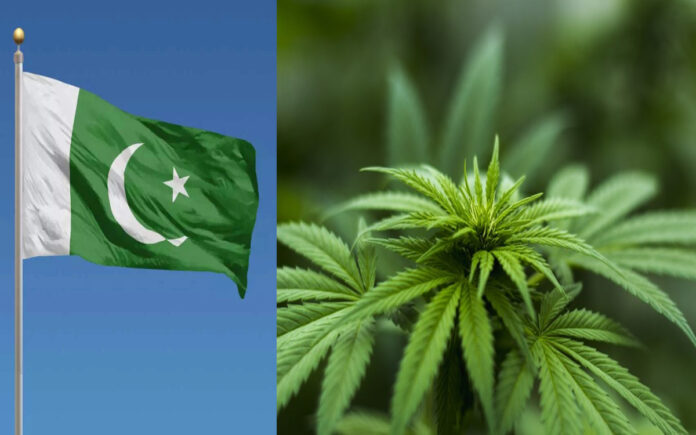Islamabad: Pakistan is taking an unconventional route to economic recovery. In a surprising move, the government is legalizing cannabis for medicinal purposes, paving the way for hemp exports amid economic challenges.
In February, the Pakistani government enacted an ordinance establishing the Cannabis Control and Regulatory Authority (CCRA). This body is tasked with overseeing the cultivation, extraction, refinement, manufacturing, and sale of cannabis derivatives for medical and industrial applications.
Pakistan aims to capitalize on its favorable growing conditions to penetrate the global cannabis market. Syed Hussain Abidi, chairman of the Pakistan Council of Scientific and Industrial Research (PCSIR), highlighted the potential for revenue generation through exports, foreign investment, and domestic sales, offering a much-needed boost to the struggling economy.
The country faces significant economic hardships, with inflation soaring to 25% and economic growth languishing at a meager 1.9%, according to the Asian Development Bank. The ongoing economic crisis, dating back to May 2022, marks Pakistan’s most severe downturn since its inception.
Also Read | Pertussis Epidemic Sweeps Across Europe, Warns Health Agency
The establishment of the cannabis regulatory authority, initially proposed in 2020 during Imran Khan’s tenure as Prime Minister, underscores Pakistan’s ambition to tap into the global cannabis industry.
“We are very serious about this initiative, and things are moving at a very fast pace,” affirmed a senior official at the Special Investment Facilitation Council.
The global cannabis market is projected to reach $64.73 billion this year, offering substantial opportunities for growth. Beyond its psychoactive properties, cannabis is increasingly recognized for its medicinal benefits, prescribed for ailments such as anxiety, depression, and chronic pain.
Despite concerns about potential misuse, healthcare professionals like Adnan Amin advocate for cannabis-based treatments, citing personal experiences of its efficacy.
Regulatory compliance with international standards, particularly UN laws limiting tetrahydrocannabinol (THC) content to 0.3%, is crucial. Stringent penalties are imposed for recreational use, aimed at curbing illegal cultivation and promoting lawful production.
The regulation also promises benefits for farmers, preventing revenue losses associated with illegal cultivation. Licenses, granted for a five-year term, ensure government oversight and control over legal cultivation sites.
While the regulation signals a positive step towards economic revitalization, its success hinges on Pakistan’s ability to produce high-quality cannabis derivatives and compete in the international market.



